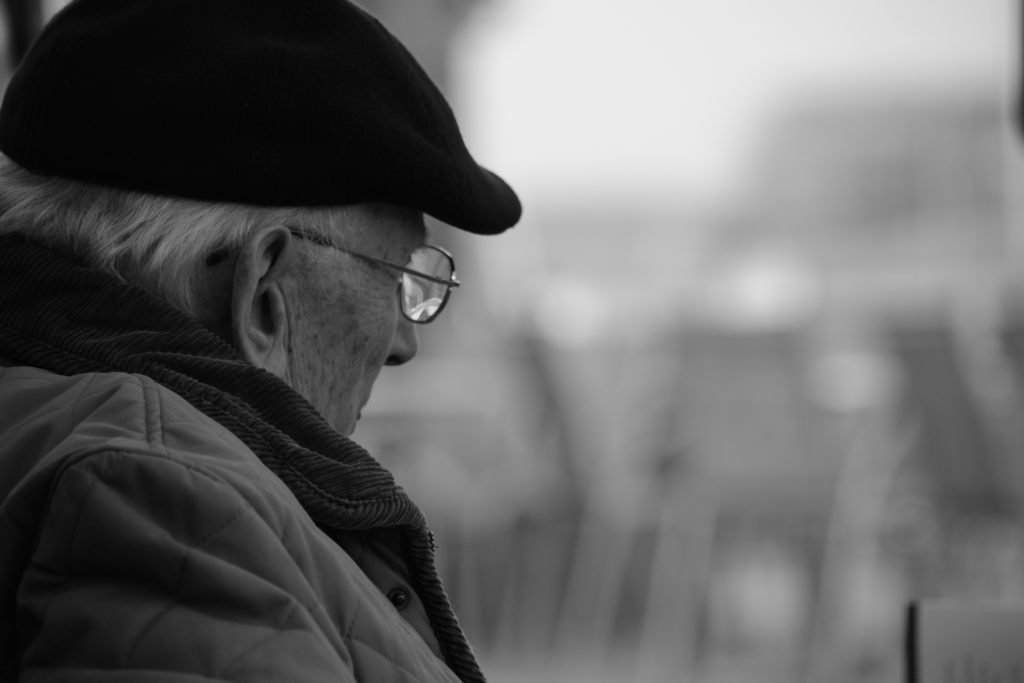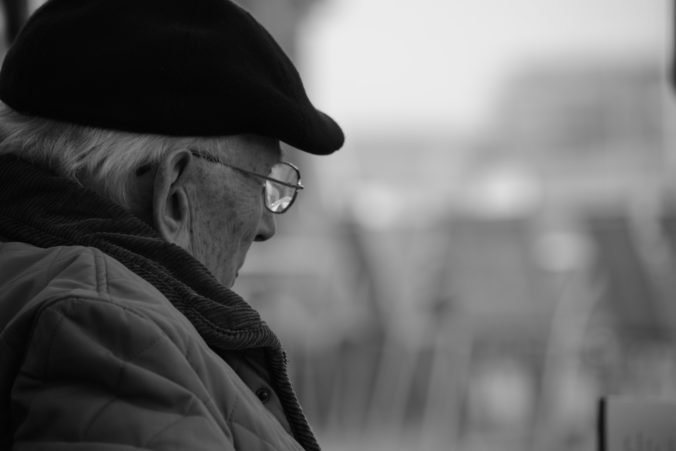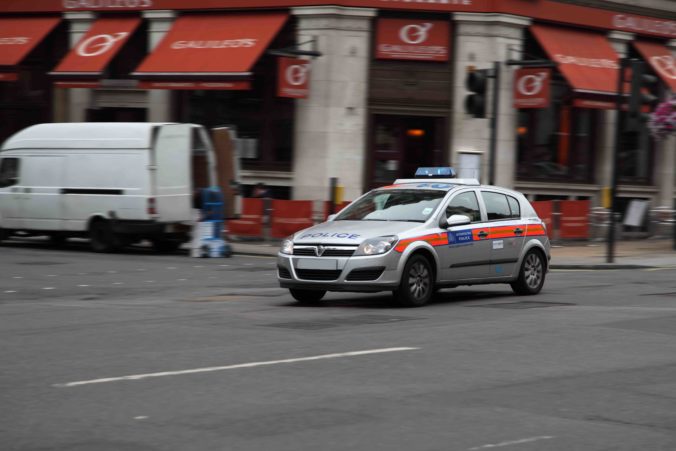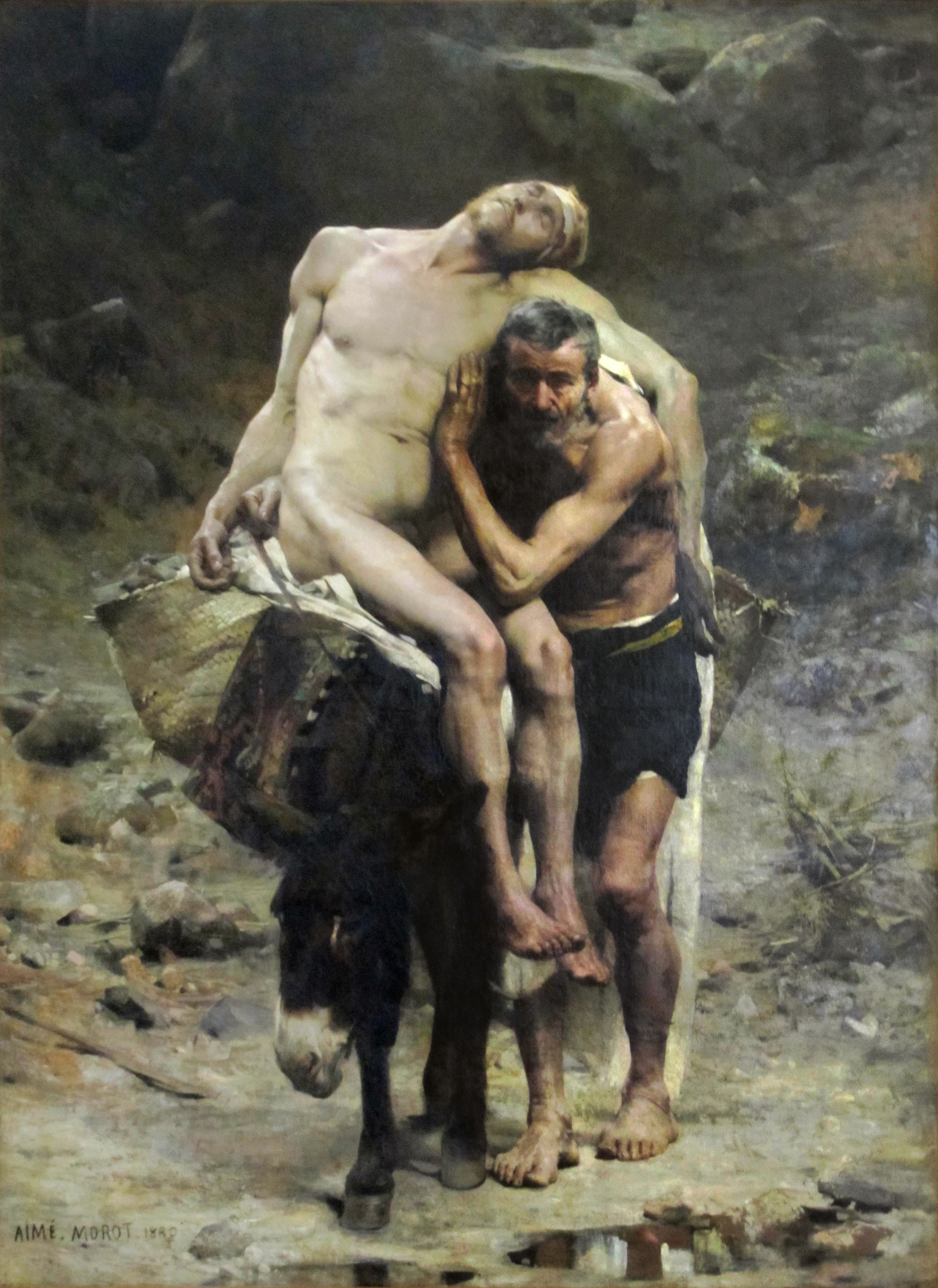”We shall match your capacity to inflict suffering by our capacity to endure suffering. We will meet your physical force with soul force. Do to us what you will and we will still love you…Bomb our places of gathering and threaten our children, and, as difficult as it is, we will still love you. Drive into our crowds at busy markets and stab anyone in the way, shoot up people in our cinemas with your automatic weapons, and we will still love you. Send your messages of fear and hatred around the world, and we will still love you. But be assured that we’ll wear you down by our capacity to suffer, and one day we will win our freedom. We will not only win freedom for ourselves; we will appeal to your heart and conscience that we will win you in the process, and our victory will be a double victory.”
– Paraphrasing Martin Luther King
No one should have to bury their own child. As I think of what happened in Manchester recently, and in London this week, and in Kabul last week (which you probably didn’t hear about because it wasn’t all over social media and mainstream media), I feel for the mothers of children who have died and who have to organise another funeral for a loved one. What the parents of those sweet young children have to go through when they identify bodies and grieve over innocence just cannot be comprehended.
As we wake up to more news of terror attacks, I am more convinced than ever that love is the only force that can truly make a difference. I am inspired by the words of Martin Luther King and his unshakable conviction about the power and influence of love in the face of tragedy.
The shock we feel when we hear of cowardly attacks like those in Manchester, Kabul and London can be overwhelming. Anger runs high, along with the disbelief. It all rings too close to home for most of us. We know it could have been us. So a natural and understandable response is to lash out and want to hit back and wipe out the bastards who took away our loved ones. What I am convinced of though is that there is no solution in that way of responding. As Dr King said, hate begets hate and violence begets violence. As long as political leaders keep calling for Muslim bans, make billion dollar deals with governments with shady links to terrorists (as the US did last week), and we keep bombing the crap out of Muslim countries, of course the problem is not going to end.
This boils down to what sort of society we want. If we destroy the terrorists, we don’t destroy terror, because more will come up and take their place. And by destroying the terrorists we stoop to their level. As Gandhi said, an eye for an eye just leaves everybody blind.
So I am more convinced than ever that love is the only way. Many say that love is weakness and hopelessly idealistic, especially in the area of international terrorism. For a world in which violent thinking is so ingrained, love is indeed weakness. But it is the only option we have if we want an enlightened society.
As the great powers of the world advocate bombing the terrorists into submission, love quietly goes about its work, converting enemies into friends and thereby defeating its enemies. Abraham Lincoln, a President who really did make America great, said that.
Love absorbs suffering and thereby defeats it. That is what Jesus did on the cross. An innocent man, violently put to death, did not strike out violently in revenge against his oppressors . He took the suffering upon himself and exposed it for what it was. And thousands of Christians in the first century did the same, following in the footsteps of their Master.
As people live out the virtue of love, many suffer and even die. That is what Jesus meant in the first century context when he talked about taking up your cross. As Dietrich Bonhoeffer said, when Jesus tells someone to take up their cross, he bids them come and die. Bonhoeffer would know. He did exactly that. He did it because his hope was in a better day, a far country that was coming, a day when love will have finally won the victory. Death now had no sting for people like Bonhoeffer. It was impotent in the face of love.
N.T. Wright talks about this hope using the analogy of the D-Day landings in Normandy. The success of that invasion meant that the Second World War was effectively over. It was just a matter of time. But it would still take another year and the loss of thousands more lives for the war to be officially over. But it didn’t mean that the war hadn’t been effectively won on D-Day. It’s the same now. The fact that people die today for standing up for love in the face of terror doesn’t mean that love doesn’t work; it means that their hope is in something more powerful, something bigger, something inevitable.
Love is the only thing that will eventually defeat terrorism. Just even writing that feels hopelessly naive and idealistic. But that is a reflection of how deeply our culture of violence has ingrained that belief in us. To believe in love is to swim against the tide. Jesus was seen by many as just another failed messiah when he was lifted onto a Roman cross. But if we believe, like those first Christians did, that that was not the end of the story, then we will have the courage to show love in the face of terror.
 Life is short. When you see the deterioration of people in old age and you realise that, while you’re not old, you’re not young anymore either, it makes you think about how you want to leave this world.
Life is short. When you see the deterioration of people in old age and you realise that, while you’re not old, you’re not young anymore either, it makes you think about how you want to leave this world.






